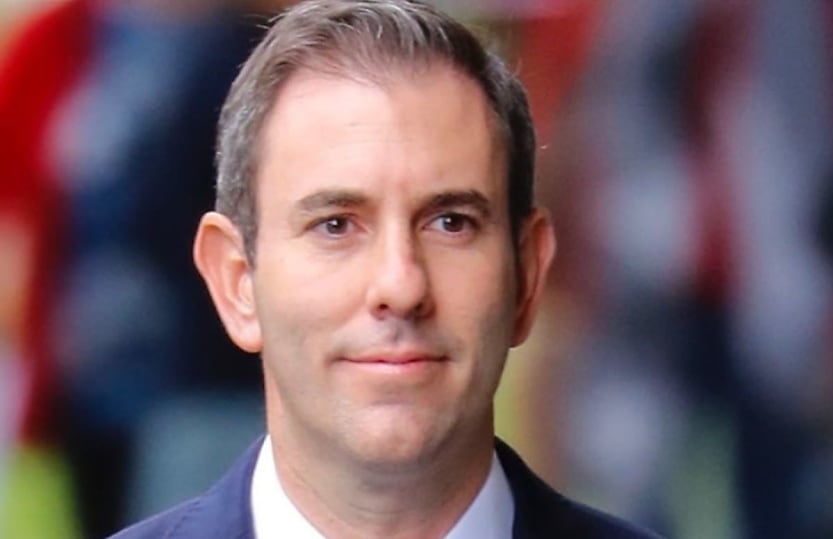Treasurer slams Coalition’s $20k ‘long lunch’ tax deduction

Jim Chalmers has hit out at the opposition’s proposed $20,000 tax deduction for meal and entertainment expenses, labelling it a waste of taxpayer money.
The Coalition recently unveiled its plan to provide small businesses with a $20,000 capped tax deduction for business-related meals and entertainment. The proposed measure would run for an initial two years, and be exempt from the fringe benefits tax.
Treasurer Jim Chalmers gave his thoughts on the policy at a press conference at St George TAFE and Parliament House this week.
The Treasurer raised concerns about the lack of detail provided on the measure by the Coalition such as cost estimates for the policy and the risk of its being used for tax avoidance.
“They can’t answer the most basic questions. How much will it cost? How will they pay for it? How will they stop it being rorted? What’s in and what’s out?” Chalmers said.
“Nothing could speak to the difference between Labor and the Coalition more effectively than the absolute farce which is Peter Dutton’s long lunch policy.”
Taxpayers, he added, had the right to know how much the Coalition’s “taxpayer funded long lunches for bosses will cost them and what he will cut in order to pay for it”.
Opposition leader Peter Dutton argued that the policy would provide relief for small businesses during a challenging time, whilst simultaneously giving a “shot in the arm” to the hospitality industry.
“Small businesses will always be better off under a Coalition Government,” Dutton said in a 19 January press release regarding the policy.
Chalmers spruiked Labor’s own tax relief policies at the press conference, such as the Labor government’s amendments to the stage 3 tax cuts, which saw more generous income tax cuts for lower earners in comparison to the Coalition’s initial plan.
He also spoke about Labor’s investments into vocational training, such as fee-free TAFE places, which he said had benefited hundreds of thousands of Australians.
“Anthony Albanese and Labor are for workers and trainees and tradies; Peter Dutton and the Coalition are for taxpayer‑funded long lunches,” Chalmers said.
Accountants Daily readers also called the scheme into question, commenting their thoughts on a previous article.
Some were sceptical that small businesses would have the spare cash flow to splash out on business-related entertainment, with one saying: “There seems to be an assumption that SMEs have available surplus cash to spend on additional entertainment and meals.”
Others had broader economic concerns regarding the policy’s ability to contribute to the budget deficit and inflation.
One commented that people’s lack of entertainment spending is related to high cost-of-living pressures and that a better solution would involve getting the price of food and other essentials down.
The Coalition is yet to unveil cost estimates for the policy. A clearer breakdown is expected to emerge as the next federal election approaches.





